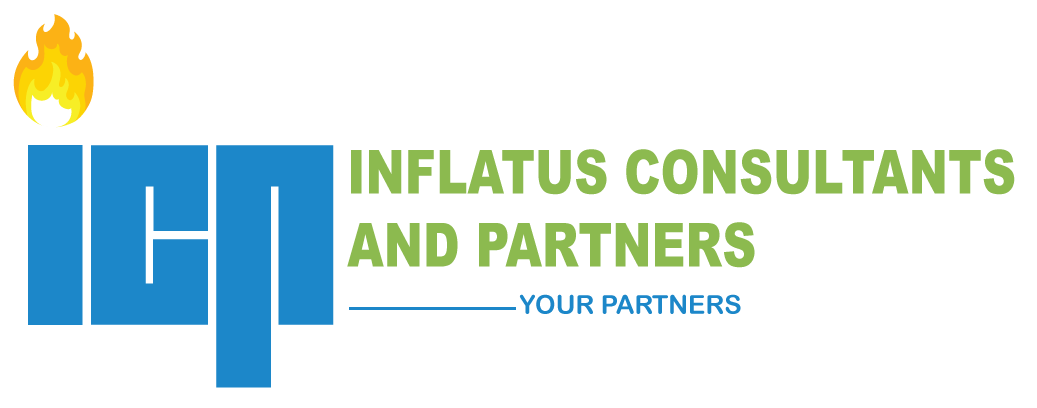IS MULTITASKING KILLING YOUR PRODUCTIVITY?
The idea that multitasking is the enemy of productivity will come to many as a surprise, if not shock. I still remember the look on the face of my young friend when I stated, in the course of facilitating a discussion on Listening, that multitasking reduces productivity. He was shocked!
A story is told in the bible of a man who was told to watch over a prisoner of war, on the penalty of death, if the prisoner escaped. “While I was busy here and there”, he later reported, “The prisoner was gone”. If a man could be distracted by multitasking even when the consequence was so grave, who says we can maintain 100% focus on more than one item at a time?
Bishop David Oyedepo of the Winners Chapel has said that God asked him once if he could look up with one eye while looking down with the other. His response was No. See if you can do it.
Then why do organizations insert ability to multitask in their job advertisements? I have also seen prospective applicants, perhaps in response to that requirement, include ability to multitask in their resume’.
A Career Blog even gave this advice: “One of the foremost qualities that any employer wants to see in their employees is the ability to multitask. This particular skill applies to a variety of different professions, from the finance world to academia to industrial engineering, and is highly valued due to its connection to production and efficiency.”
That is followed with tips on how to include references to your ability to multitask in your resume.
Is this ignorance? Or is it an issue with the definition of the term?
For the avoidance of doubt, multitasking is defined as ability to perform more than one task, or activity, at the same time. In other words, it is the ability to divide our attention among several activities and focus hundred percent on each of them simultaneously. That sounds ridiculous if not foolish! Common sense shows that this is not possible. In fact, what we do in multitasking is to perform many activities at suboptimal productivity levels!
We are told that earlier lion tamers used chairs with the legs pointing towards the animal. This confused the single-minded animal so much that it lost its train of thought. Casually put, the legs of the chair distract the lion because it cannot focus on all of them at the same time. It is simply transfixed!
Same with human beings. You have probably been interrupted while reading a book. The more engrossed you had been, the more time it takes to pick up your thought from where you left off. This sometime applies to discussions. Have you ever heard the expression, “where were we…?”
There is a plethora of research that support this fact. Psychiatrist Edward M. Hallowell describes multitasking as a “mythical activity in which people believe they can perform two or more tasks simultaneously as effectively as one.”
Similarly, in an article on how multitasking affects productivity and brain health, Kendra Cherry, author, educational consultant and speaker, identified the following negative impacts of multitasking:
- Reduces productivity by as much as 40 percent
- Not good for the brain: people who were considered heavy multitaskers were actually worse at sorting out relevant information from irrelevant details. They also showed greater difficulty when it came to switching from one task to another and were much less mentally organized. Even when these chronic multitaskers were focusing on just a single task, their brains were less effective and efficient.
- Heavy multitasking might be the most detrimental to adolescent minds.
Another article, citing extensive research on the subject, outlines six negative effects of multitasking on productivity. They include:
- Lower IQ
- Shrinking brain
- Inability to focus
- Loss of productivity
- Increased stress
- Loss of creativity
There is even an African proverb that says that he that pursues two rats never catches any.
Let me give this challenge to my multitasking friends. Focus on one task at a time for just one day and see what that does to your productivity. Then you will understand why productivity experts advise to focus on just one task at a time in order to improve your productivity.
In his article in The Washington Post, Tim Herrera, founding editor of Smarter Living, says:
Here’s what my browser generally looks like: work email in the left-most tab, always open. TweetDeck in the next one, always open. A few Google Docs tabs with projects I’m working on, followed by my calendar, Facebook, YouTube, this publication’s website and about 10 stories I want to read — along with whatever random shiny thing comes across my desktop. (Not to mention my iPhone constantly nagging me, though I’ve mostly fixed that problem.)
This is no way to work! It’s awful, and my attention is divided across a dozen different things. My situation is far from unique, and most people who do most of their work on a computer know it all too well
Cal Newport, associate professor of computer science at Georgetown University and author of Deep Work, while discussing the same issue says:
Every time you switch your attention from one target to another and then back again, there’s a cost. This switching creates an effect that psychologists call attention residue, which can reduce your cognitive capacity for a non-trivial amount of time before it clears. If you constantly make “quick checks” of various devices and inboxes, you essentially keep yourself in a state of persistent attention residue, which is a terrible idea if you’re someone who uses your brain to make a living.
As I end this essay, I am still wondering if those who advocate multitasking as a means to increase productivity are totally unaware of the facts. Are they just ignorant or plain dishonest?


